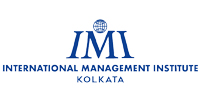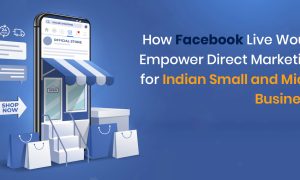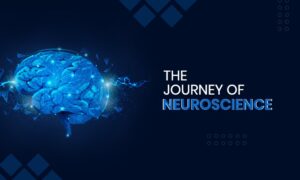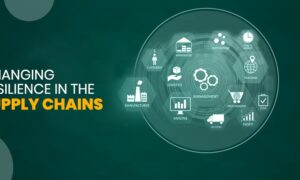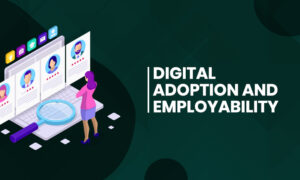
Being one of the key aspects of any economy’s well-being, public health is of strategic importance. It can be safely said that strong public health policies enhances life expectancy and prevents the spread of diseases through various organised measures put in place by individuals, organizations and society as a whole. In this regard, Health Information Technologies (HIT) can be used to create a platform performing collation of vital information and its interchange among stakeholders in the health care sector. These stakeholders include patients, family members of patients, health-care providers, quality-control organizations (labs), insurers, government, and society at large. Health Information Technologies (HIT) is a set of technological tools managing the needs of modern health care organisations. This is essential for a reliable, responsive and effectual care ecosystem.
However, as health care knowledge is usually disseminated among various stakeholders of the health industry, it is difficult to adopt such an integrated system thus making it difficult to impart quality healthcare services to patients. This study surveyed over a hundred and fifty stakeholders including patients, United Arab Emirates (UAE) citizens health-care providers, and foresight experts to analyse the challenges in this aspect. For example, different hospitals use different instruments and software making it difficult to create an interoperable platform to exchange data. When the healthcare system is attempting to adopt such new technologies, there is also a constant need for change in attitude and enthusiasm to learn new things among medics, nursing staff and different stakeholders, such as patients and suppliers. The lack of a new enthusiasm to adapt to changes will reduce the effectiveness of the entire system. The introduction of Health Information Technologies (HIT) can further pose challenges in terms of lack of time and financial abilities. It can be further noted that many of the Health Information Technologies lack certain features that meet the requirements of health-care firms, for example asset-tracking facilities, occupancy rate and related marketing strategies. In addition to that, health care firms lack knowledge of the positives of accssing data through the Internet of Things (IoT) and Big Data and the positive impact of such technologies on the performance of their organization. Further, the lack in establishing the crucial linkages between health care organizations and primary and secondary stakeholders leads to dispersed understanding and poses challenges for quality health care.
However, the acquiring of HITs will aid the professionals and the health care sector on the whole not only in developing new standards, improvements but also raise the expectations of various stakeholders because of the better knowledge management. HITs can help in bringing together the scattered knowledge to designate the action of various associated stakeholders, from insurance agents to pharmaceutical companies.
This article is authored by Dr. Sachin Modgil, IMI Kolkata along with others. It has been published in Journal of Knowledge Management by Emerald Publishing Limited.
